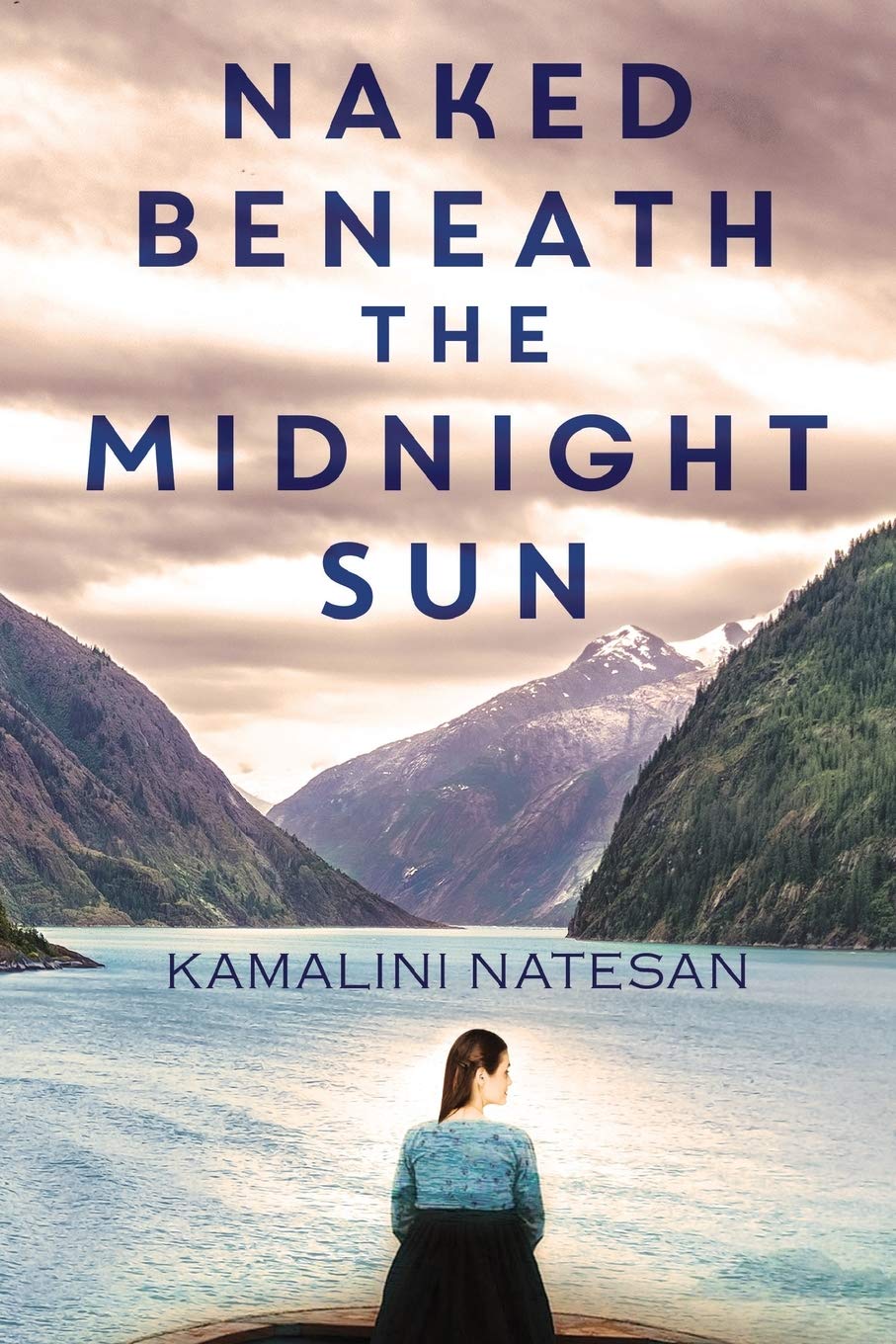One of the most powerful reads I’ve read as an adult without a shred of doubt. A winner and well-deserved too.
I’ll begin with a quote (and it is not easy to scramble among them and find the worthiest one to begin my review with):

“Do not be afraid of demons; it is the living we should fear. Human horrors trump anything that Hollywood or the afterlife can conjure. Always remember this when you encounter a wild animal or a stray spirit. They are not as dangerous as you.”
This book is about Maali Almeida, son of a Sinhalese father and a Eurasian Burgher mother, who is killed but knows not how. He rides the passage from the living dead into the world of the living, back and forth, to learn of his death and must cross seven moons before his ‘time is up’. He will then either meet the Light in the Beira river or ride the Mahakali demon in return for the three whispers he is allowed, and be damned to hell. He must choose wisely.
The entire telling is filled with phrases and ideas that stump the reader.
It was an intense read for so many reasons:
a) The culture is familiar and therefore I felt close to the island and its folk;
b) War-torn Sri Lanka in 1990 — killings and injustice hit at my core repeatedly; (violent confrontations between the Liberation Tamil Tigers of Eelam (LTTE), the government, the military, and the Marxist radicals)
c) The after-life, and the thoughts in my head could well be whispers of ghouls and phantoms or those of my mother and father who no longer form part of the living world as I know it.
The novel is wrought with violence, both internal and external and noise, that I heard, and shrunk from. Yet there are moments of pause, when I put the book down because I could take no more of the stark imageries that seem to streak the afterlife; dismembered limbs, blood-stained bandanas, eyes in various hues, skulls and ghouls and all that can make you
tremble in your sleep. There is unsettling humour that lines the almost-400 page novel.
Karunatilaka’s visually gifted writing touches you in ways unimaginable to one’s scope. I have held my breath and wiped away many a tear unknowingly. This Sri Lankan genius of a novelist awakens within me, a need to question my assumptions, and recast my understanding of death and life.
 “Those who aim to destroy, only destroy themselves,” says the Crow Man – a blind profiteer who can communicate with the spirits that abound. He is described as, ‘a showman playing at conjurer, shrouding parlour tricks in metaphysics.’ Beat that!
“Those who aim to destroy, only destroy themselves,” says the Crow Man – a blind profiteer who can communicate with the spirits that abound. He is described as, ‘a showman playing at conjurer, shrouding parlour tricks in metaphysics.’ Beat that!
The brutality and bestiality of the insurrections in Sri Lanka are described liberally. The dead watch, while the living are brutalized.
“Evil is not we should fear. Creatures with power acting in their own interest : this is what should make us shudder.” Close to home eh!
Does Maali, the closet queen, atheist and photo-journalist discover the cause of his death?
Not before he goes through his life – narrated in second person, which in itself is a feat. It makes the telling quirky, as much as it allows for some breathing space between bare truths that must assail us all as we grow more philosophic with time, a hope we all aspire to.
Maali’s lover DD and Jaki, his best friend- are at the core of the ghost’s life, who must unearth some photos that could rock Sri Lanka, and their negatives in order to survive, as also to lead his phantom to the cause of his untimely death and gift him some clarity.
About human lives Shehan Karunatilaka says,
“All stories are recycled and all stories are unfair. Many get luck and many get misery. Many are born to homes with books, many grow up in the swamps of war. In the end, all becomes dust. All stories must conclude with a fade to black.”
The above is a sample of what the novel is replete with, and some are less pessimistic than this para. I was shaken. I believed in much of what Karunatilaka uses Maali to espouse. Our world is at war- always, with something or someone.
One glance outside of our homes, and we know life is harder than we’d like to believe. And then, what is it that we must
believe. I’ll end with this from a book that has left me gasping and contemplative…

“You are a leaf in a gale, blown by a force you can neither control nor resist.”
Hope you pick up this book and arm yourself with a sight set on making a shift in the sands you stand upon.
©kamalininatesan
January 2023





An interesting premise which makes for deep reflections. Great review. I will look for the book.
Glad it moved you. It had such an intriguing premise. Thought of you when I first read of it.